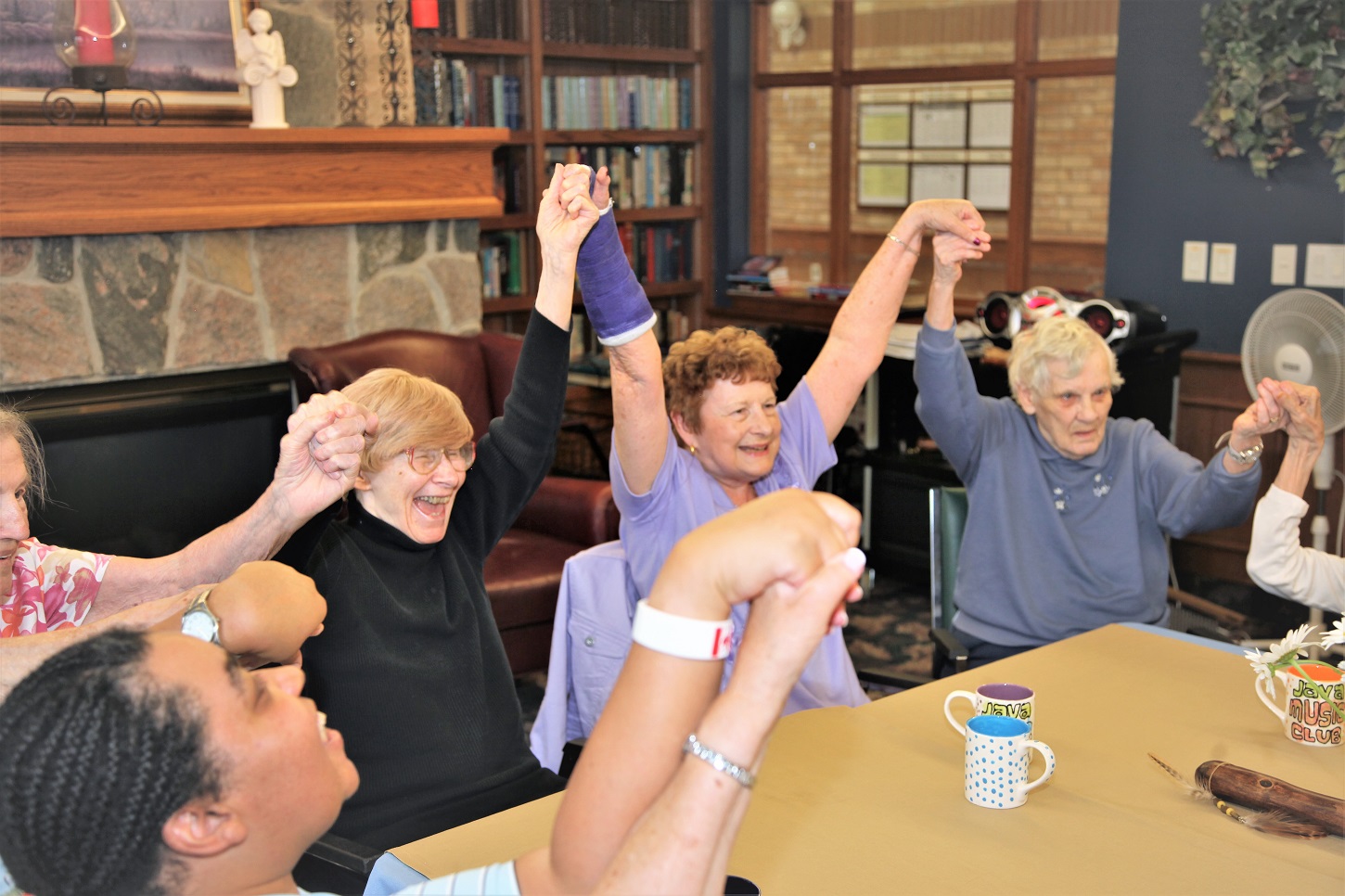If you are in distress, you can call or text 988 at any time. If it is an emergency, call 9-1-1 or go to your local emergency department.
- Professional Resources, Reports
Summary: Guidelines for Comprehensive Mental Health Services for Older Adults in Canada
Mental health and well-being are as important in older age as in other times of life. That is one reason the Mental Health Commission of Canada (MHCC) created Guidelines for Comprehensive Mental Health Services for Older Adults in Canada. The Guidelines provide best advice for those who plan, develop, and deliver mental health care (and related) services to meet the distinct needs of older adults. Since these needs will continue to grow as our population ages over the coming decades, the Guidelines offer recommendations for a more integrated system to support the well-being, quality of life, and recovery journey of older adults, across a range of mental health and addiction-related problems and illnesses. Canada’s older adult population, which is usually defined as adults over the age of 60 or 65, is very diverse. The age needs of the younger cohort of seniors (60 to 75) can be very different than those over the age of 85. It is also important to recognize that some individuals age prematurely due to complex, multiple, and chronic health problems or socio-economic circumstances. In addition, age-related needs and preferences are influenced by varied cultural and historical contexts, which require distinct considerations for Indigenous peoples, populations with minority language status, and members of 2sLGBTQ+, immigrant, refugee, ethnocultural, and racialized communities. For the purposes of the Guidelines, these problems include:This resource was published in 2019. The data may be out of date.
Purpose
Defining older adults
Mental health and addiction-related problems affecting older adults
- Professional Resources, Reports
Summary: Guidelines for Comprehensive Mental Health Services for Older Adults in Canada
Summary: Guidelines for Comprehensive Mental Health Services for Older Adults in Canada
- Older Adults
Mental health and well-being are as important in older age as in other times of life. That is one reason the Mental Health Commission of Canada (MHCC) created Guidelines for Comprehensive Mental Health Services for Older Adults in Canada. The Guidelines provide best advice for those who plan, develop, and deliver mental health care (and related) services to meet the distinct needs of older adults. Since these needs will continue to grow as our population ages over the coming decades, the Guidelines offer recommendations for a more integrated system to support the well-being, quality of life, and recovery journey of older adults, across a range of mental health and addiction-related problems and illnesses. Canada’s older adult population, which is usually defined as adults over the age of 60 or 65, is very diverse. The age needs of the younger cohort of seniors (60 to 75) can be very different than those over the age of 85. It is also important to recognize that some individuals age prematurely due to complex, multiple, and chronic health problems or socio-economic circumstances. In addition, age-related needs and preferences are influenced by varied cultural and historical contexts, which require distinct considerations for Indigenous peoples, populations with minority language status, and members of 2sLGBTQ+, immigrant, refugee, ethnocultural, and racialized communities. For the purposes of the Guidelines, these problems include:
This resource was published in 2019. The data may be out of date.
Purpose
Defining older adults
Mental health and addiction-related problems affecting older adults
SHARE THIS PAGE
RELATED

Review our Assessment Framework for Mental Health Apps — a national framework containing key standards for safe, quality, and effective mental health apps in Canada.

To help expand the use of e-mental health services, we developed four online learning modules based on our Toolkit for E-Mental Health Implementation, in collaboration with the Centre for Addiction and Mental Health (CAMH).

Stepped Care 2.0© (SC2.0) is a transformative model for organizing and delivering evidence-informed mental health and substance use services.
